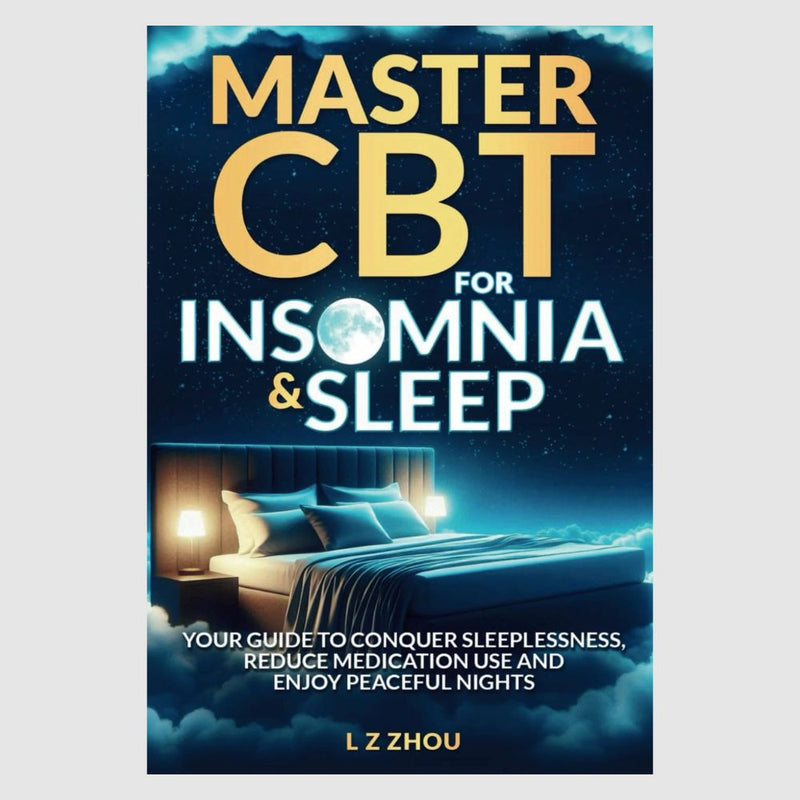Anxiety disorders and sleep disorders are common health problems that often happen together. When they do, they can create a cycle that makes both worse, affecting a person’s overall well-being.

How Stress Impacts Your Sleep and What You Can Do About It
Life today can be stressful. A little stress can motivate us, but too much stress can hurt our health, especially our sleep. Learning how stress and sleep affect each other, and finding ways to manage stress, can help you sleep better and feel healthier.
How Stress and Sleep Are Connected
- Hormonal Imbalance: Stress causes your body to release a hormone called cortisol. Cortisol prepares your body to “fight or run” in stressful situations. High cortisol at night can make it hard to fall asleep or stay asleep.
- Increased Anxiety: Stress keeps your brain on high alert. When your mind is tense, it’s harder to relax, which can lead to insomnia.
- Reduced REM Sleep: Stress can cut down on REM sleep, the stage where you dream and process emotions. Less REM sleep can make it harder to think clearly and control your emotions, which can make stress worse.
-
Disrupted Sleep Patterns: Long-term stress can change your sleep cycles, causing you to wake up often during the night. This leads to poor sleep quality and daytime tiredness.
How to Manage Stress and Sleep Better
- Try Relaxation Techniques: Activities like deep breathing, meditation, or progressive muscle relaxation can lower cortisol and help your body relax before sleep.
- Keep a Regular Sleep Schedule: Go to bed and wake up at the same time every day, even on weekends. This helps your body’s internal clock and makes falling asleep easier.
- Create a Sleep-Friendly Bedroom: Keep your bedroom cool, dark, and quiet. Use a comfy mattress and pillows, and remove distractions like phones or screens that give off blue light.
- Limit Stimulants and Alcohol: Avoid caffeine and nicotine near bedtime. Alcohol may help you fall asleep at first, but it can break up your sleep later.
- Exercise Regularly: Physical activity helps reduce stress and improves sleep. Try 30 minutes of moderate exercise most days. Avoid intense workouts right before bed, since they can be energising.
- Seek Professional Help if Needed: If stress and sleep problems continue, talk to a healthcare professional. Cognitive-behavioural therapy for insomnia (CBT-I) can be very effective for chronic sleep problems caused by stress.
Stress and sleep are closely linked.
By managing stress and creating good sleep habits, you can break the cycle of poor sleep and tension. Focus on self-care, make your bedroom supportive for sleep, and ask for professional help if needed. With the right strategies, you can get the rest your body and mind need.
Stress can make it hard to sleep. When stress builds up over time, it can cause insomnia and other sleep problems, making your health worse. Using relaxation techniques before bed can help calm your mind and improve your sleep.
Read More
Related Products
- Regular Price
- from $50.00
- Sale Price
- from $50.00
- Regular Price
-
- Unit Price
- per












